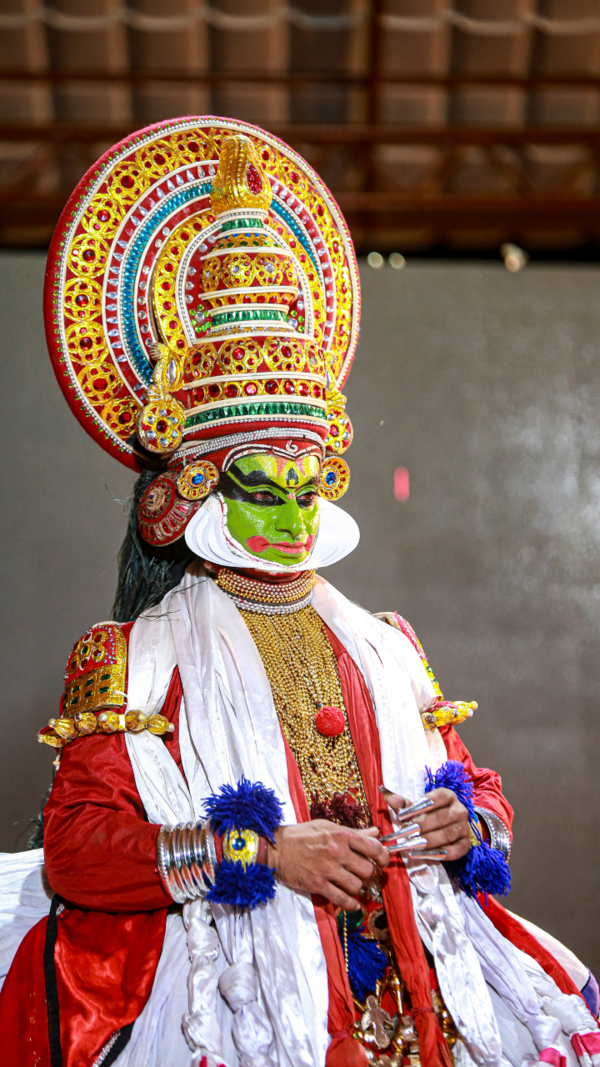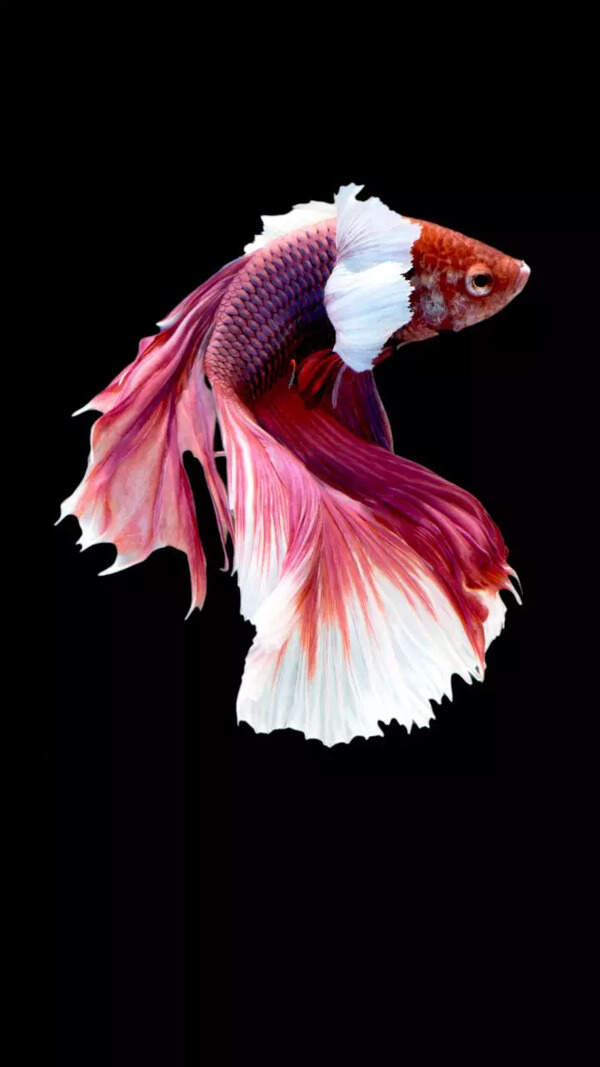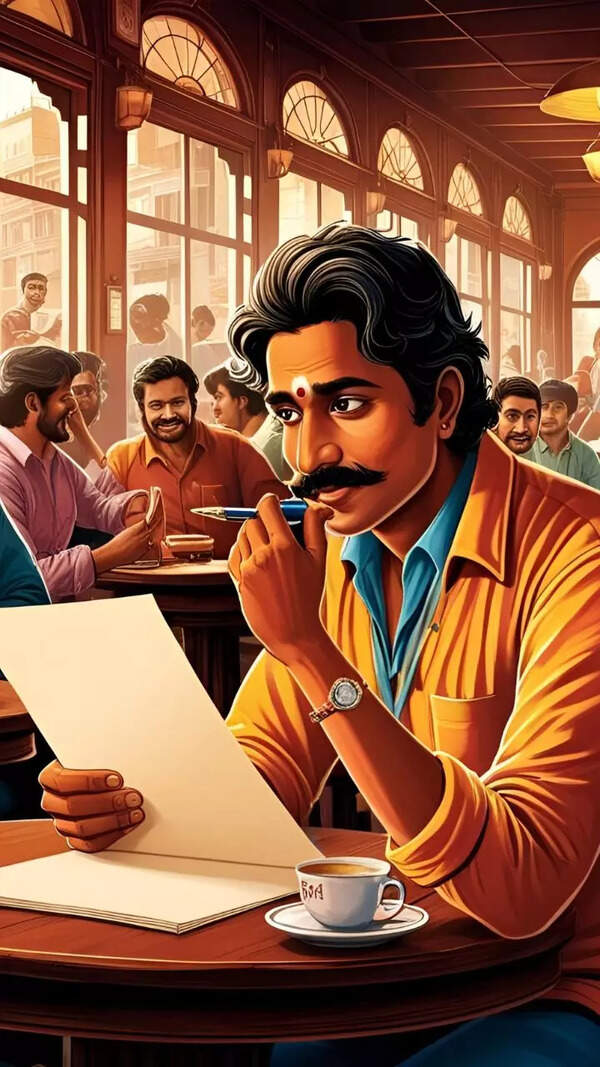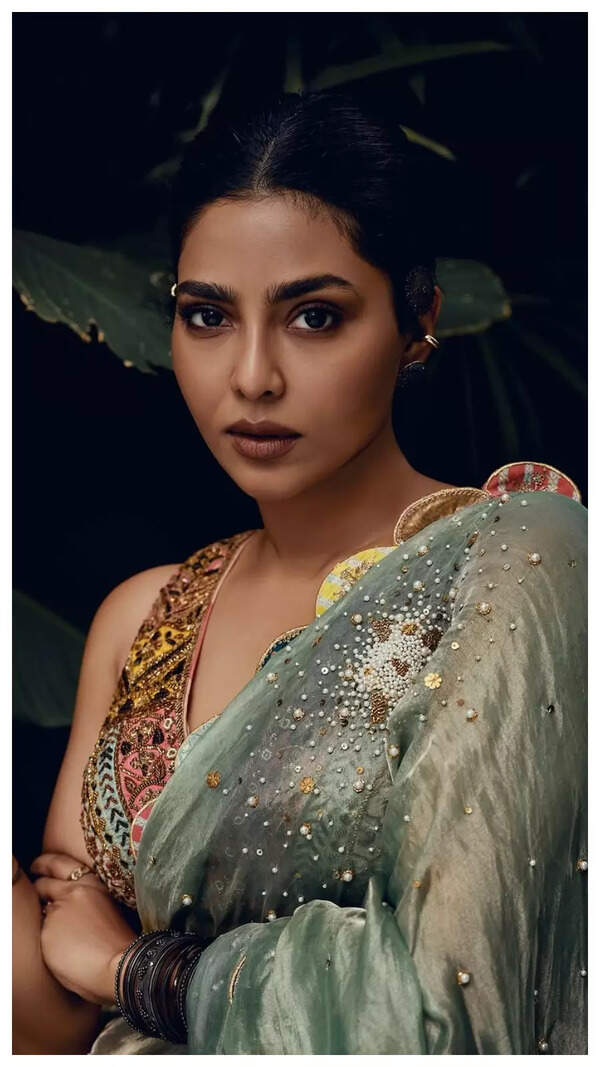- News
- entertainment
- hindi
- bollywood
- Iconic Bollywood movies that would flop if released today
Iconic Bollywood movies that would flop if released today

Jo Jeeta Wohi Sikandar (1992)
Though loved for its coming-of-age themes and the unforgettable “Pehla Nasha” track, this film’s slow pacing, cliched rivalries, and simplistic arc might not resonate with today’s youth raised on Kota Factory and Class. Its depiction of teenage angst feels a bit too sanitized and surface-level when compared to modern campus dramas.

Kabhi Khushi Kabhie Gham (2001)
Once celebrated for its emotional drama, designer costumes, and family values, Karan Johar’s K3G is now viewed by many as an over-the-top melodrama. Its outdated gender norms, obsession with wealth, and caricatured portrayal of “modern vs traditional” would likely be ripped apart by today’s audiences on social media. The pacing, too, would test the patience of modern viewers accustomed to tighter storytelling.

Maine Pyar Kiya (1989)
A blockbuster in its time, Maine Pyar Kiya now feels like an over-stretched, slow-paced fairytale. The over-the-top sacrifices, dramatic parental opposition, and extremely innocent portrayal of romance might come off as naive or even cringeworthy to today’s viewers who expect layered, realistic love stories. Its lack of narrative complexity and gender dynamics would likely not pass the modern filter.

Pardes (1997)
Subtle xenophobia disguised as patriotism and the glorification of traditional Indian values over modern Western influences might not go down well today. While the music remains evergreen, the narrative is soaked in moral policing and one-dimensional characters. It paints NRIs as villains and sanskaari Indians as heroes—an outdated narrative that wouldn't fly in the age of globalized content.

Raja Hindustani (1996)
Despite being a superhit, Raja Hindustani hasn’t aged well. The toxic elements in the central romance—slaps, yelling, and forced morality—would likely be called out for romanticizing abuse. Its melodramatic tone and problematic gender roles would probably result in backlash rather than applause if released in today's more socially aware climate.








